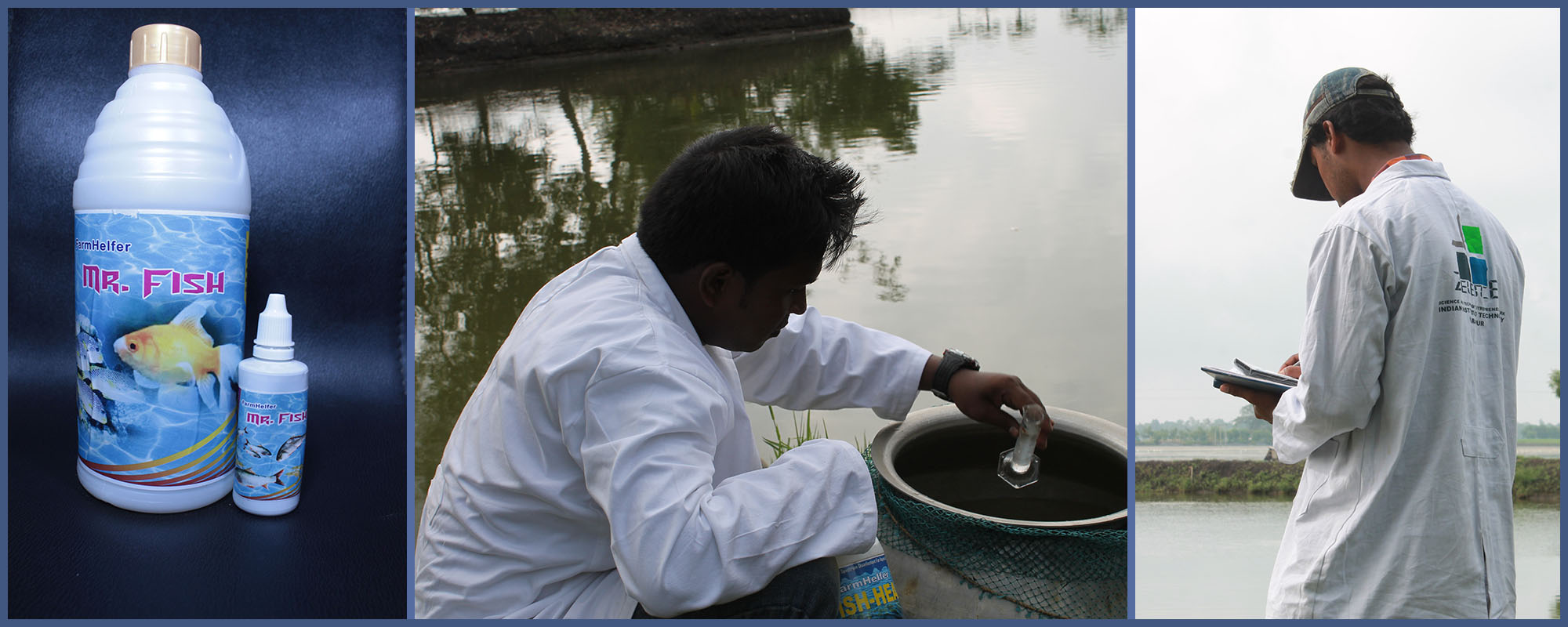
STEP towards Innovation Drive
IIT Kharagpur has been among the firsts to build industrial parks within an academic setup, in the country. While the Science and Technology Entrepreneurship Park (STEP) was set up within and in the vicinity of the IIT Kharagpur campus, a Research Park has also been built in Kolkata to set up industrial laboratories involving researchers from IIT Kharagpur. STEP is aimed at encouraging and nurturing students to launch their startups through incubation facilities. Recently Prof. Virendra Kumar Tewari, Director, IIT Kharagpur in the context of mobile application development by Indian companies, has been vocal about start-up ecosystem in technical institutions.…

